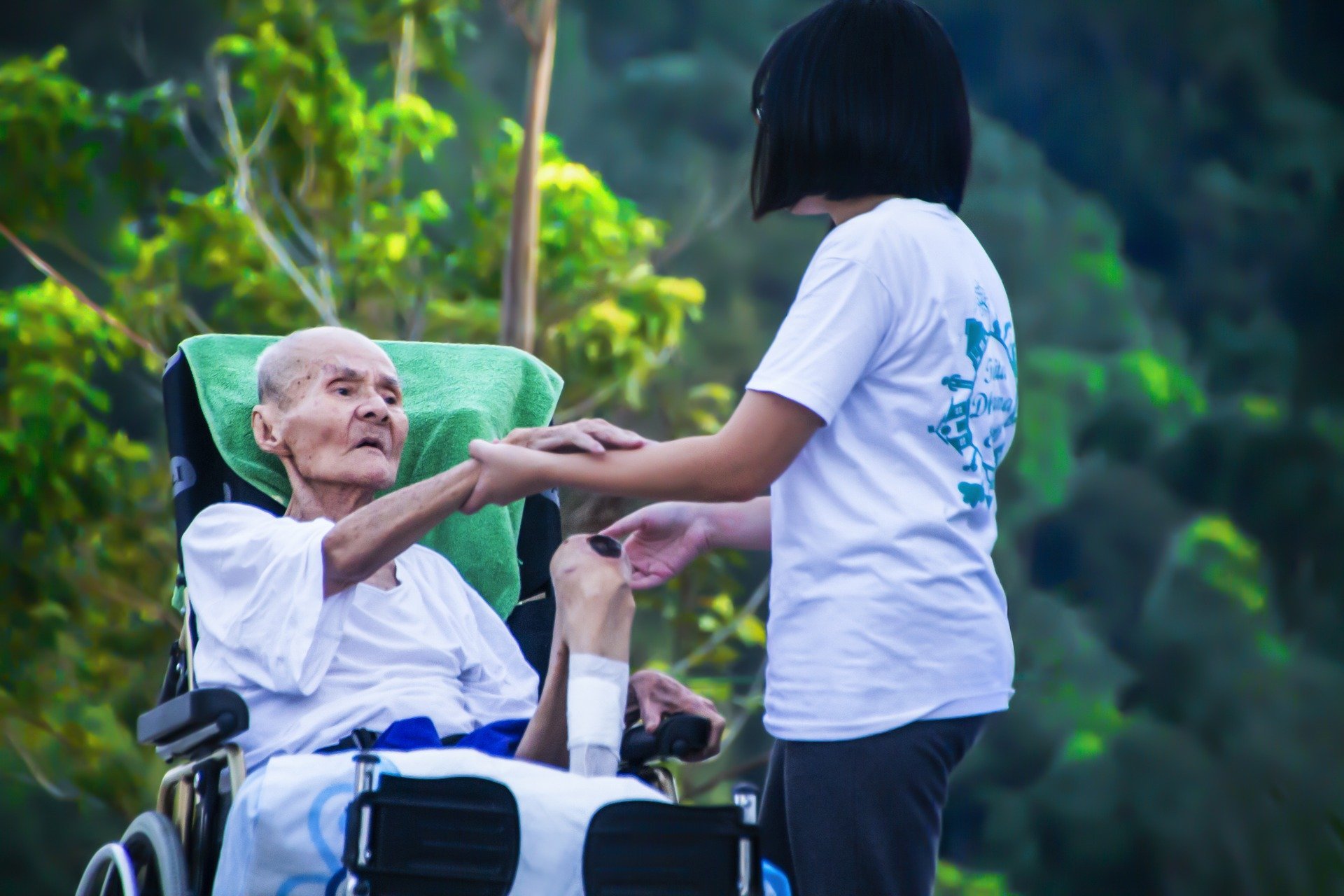CERTIFICATE IN CAREGIVING / PATIENT ATTENDANT

A Certificate in Caregiving or Patient Attendant is a specialized program designed to equip individuals with the knowledge and skills necessary to provide compassionate and competent care to individuals who are unable to care for themselves due to illness, injury, or aging. Caregivers, also known as patient attendants or personal care aides, play a crucial role in supporting the physical, emotional, and social well-being of their clients.
The curriculum of a Certificate in Caregiving program typically covers a wide range of topics essential for providing effective care. These may include:
1. Personal Care Skills: Participants learn how to assist with activities of daily living (ADLs) such as bathing, dressing, grooming, toileting, and feeding. They also learn techniques for maintaining personal hygiene and ensuring the comfort and dignity of their clients.
2. Safety and Emergency Procedures: Caregivers are trained in how to identify and prevent common hazards in the home environment, as well as how to respond effectively to emergencies such as falls, choking incidents, and medical crises. This training helps ensure the safety and well-being of both the caregiver and the client.
3. Basic Medical Knowledge: While caregivers do not typically perform medical procedures, they are often responsible for monitoring clients' health status and reporting any changes to healthcare professionals. Therefore, caregivers receive training in basic medical terminology, vital signs monitoring, medication management, and recognizing signs of illness or distress.
4. Nutrition and Meal Preparation: Participants learn about the nutritional needs of their clients and how to plan and prepare balanced meals that meet those needs. They also learn techniques for assisting with feeding and ensuring that clients receive adequate nutrition and hydration.
5. Communication and Interpersonal Skills: Caregivers learn effective communication techniques for interacting with clients, family members, and healthcare professionals. They also receive training in active listening, empathy, and cultural sensitivity to ensure respectful and compassionate care.
6. Psychosocial Support: Providing emotional support and companionship is an important aspect of caregiving. Participants learn how to build trusting relationships with their clients, engage them in meaningful activities, and support their emotional well-being.
7. End-of-Life Care: In some cases, caregivers may be called upon to provide care to clients who are terminally ill or nearing the end of life. Training in end-of-life care includes topics such as pain management, symptom relief, spiritual and emotional support, and assisting with advance care planning.
By completing a Certificate in Caregiving program, individuals gain the knowledge and skills needed to pursue employment opportunities in a variety of settings, including private homes, assisted living facilities, nursing homes, and hospice agencies. Whether working with elderly clients, individuals with disabilities, or those recovering from illness or surgery, caregivers play a vital role in helping their clients maintain independence, dignity, and quality of life.